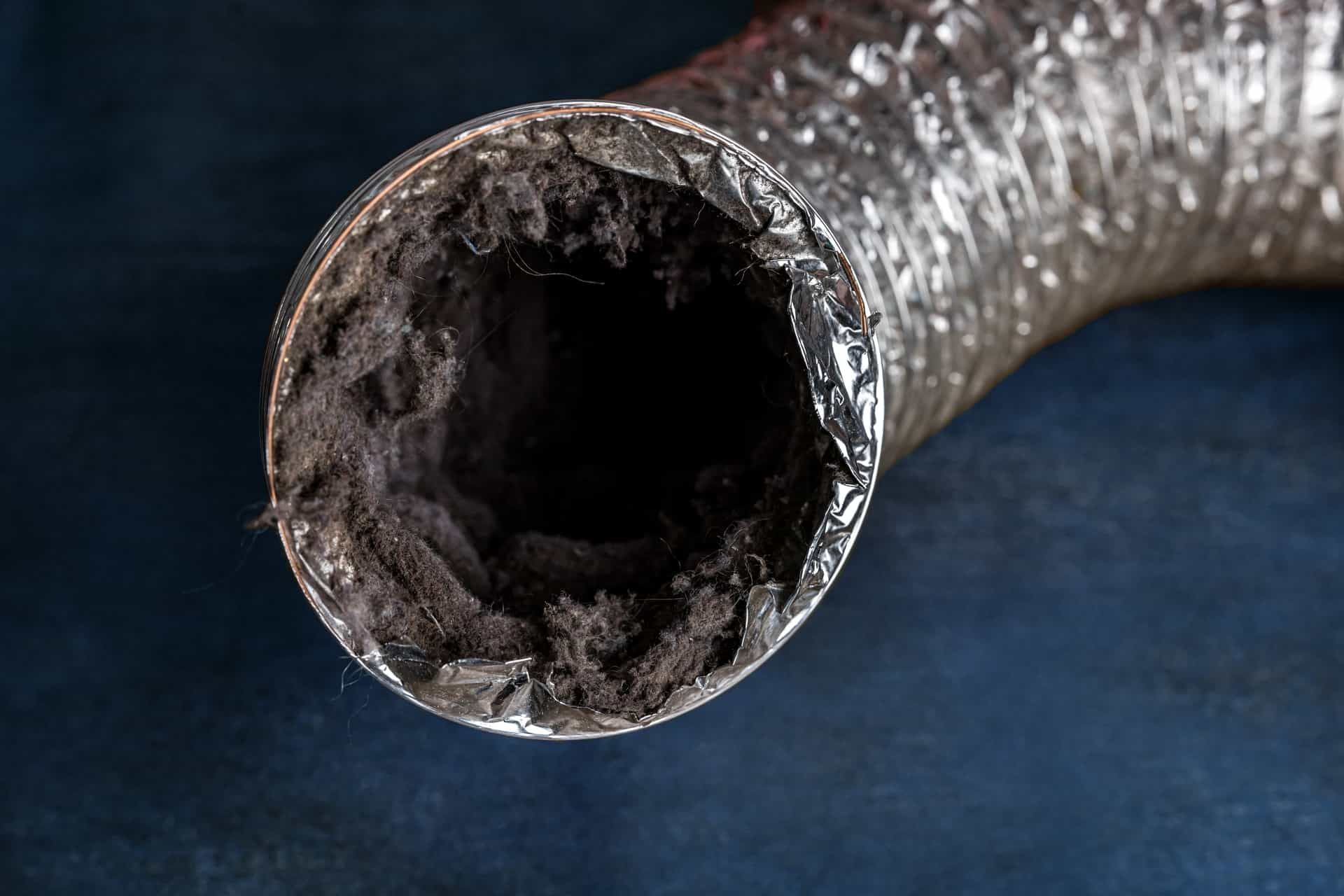The Importance of Roof Inspections Before Storm Season
As storm season approaches, homeowners face the looming threat of severe weather that could harm their properties. In areas like Florida, where storms and hurricanes are frequent, you must ensure that your home is adequately prepared to endure these natural calamities. An essential measure in protecting your home involves carrying out a roof inspection.
This article delves into the significance of
roof inspections before
storm season, the potential consequences of neglecting this task, and how homeowners can guarantee that their roofs are in good condition.
The Importance of Roof Inspections
The roof is a cornerstone of any residence, serving as a shield against the elements. Over time, roofs may develop issues such as leaks, missing shingles, and structural vulnerabilities—all of which can be exacerbated by weather conditions. Here are some pivotal reasons why
roof inspections are essential before storm season.
Reasons why roof inspections are essential before storm season
1. Spotting Damage and Vulnerabilities:
Regular roof assessments help pinpoint existing damage and potential vulnerabilities that storms could exacerbate. This encompasses scrutinizing for missing or damaged shingles, cracks, leaks, and other indications of wear and tear. Early detection allows for repairs to nip problems in the bud before they escalate into significant concerns.
2. Preventing Water Damage: When a
roof is damaged, water can seep in during rains, harming the inside of your house. Water damage can impact ceilings,
walls, insulation, and the foundation. You can avoid water damage and preserve your home's structural integrity by checking and fixing your roof before stormy weather hits.
3. Enhancing Safety: Keeping your roof maintained ensures your family's safety. Storms, with winds, can dislodge shingles or debris that could become projectiles. Moreover, a weakened roof structure could risk collapsing during severe weather conditions. Regular inspections help reinforce the roof's strength and stability, giving you peace of mind when storms approach.
4. Prolonging Roof Lifespan:
Regular roof inspections and maintenance extend the life of your roof. Addressing issues promptly prevents them from becoming problems that require expensive repairs or a complete replacement. This proactive approach saves homeowners money in the long term and ensures their roofs stay in good shape for many years.
Risks of Neglecting Roof Inspections
Not conducting
roof inspections before storm season can lead to risks and potential issues:
1. Increased Repair Costs: Ignoring roof inspections may cause minor problems to go unnoticed and worsen over time.
If you overlook a repair, it could escalate into an extensive project. Emergency repairs following a storm tend to be pricier than maintenance.
2. Indoor Damage: When a roof is damaged, water can seep into your home, harming ceilings, walls, floors, and personal items.
Mold and mildew can also grow, posing health risks to occupants. Regular roof inspections can help prevent water intrusion and safeguard your property and your family's well-being.
3. Insurance Issues: Insurance companies might ask for proof of
roof maintenance and inspections when handling storm damage claims. Provide this evidence to avoid claim rejections or reduced payouts. Keeping records of roof inspections and any needed repairs can facilitate a smoother
insurance claims process.
4. Property Value Decline: A maintained roof significantly impacts a home's value. Potential buyers are more inclined towards properties that consistently inspect and care for roofs. Neglecting roof maintenance can decrease property value, making it harder to sell your home.
What Happens During a Roof Inspection?
A roofing contractor or
inspector should carry out a
roof inspection.
Here's what to expect throughout the inspection process:
1. Exterior Check: The inspector will carefully examine the outside of the roof for any signs of damage, such as missing shingles, cracks, or wear. They will also inspect the flashing around chimneys and vents to ensure they are adequately sealed.
2. Interior Examination: The
inspector will enter the crawl spaces to check for leaks, water damage, and structural issues. They'll also look for insulation, mold, and rot as indicators of roof problems.
3. Gutter Review: Functional gutters direct water from the roof and foundation. The inspector will inspect them for clogs, leaks, and damage to ensure they effectively manage water runoff.
4. Ventilation Check: Proper roof ventilation prevents heat and moisture buildup, which can harm the roof structure and shorten its lifespan. The inspector will evaluate the ventilation system to ensure it is working correctly.
5. Detailed Inspection Report: Following the inspection, the contractor will provide a detailed report outlining any identified issues, recommended repairs, and estimated costs involved. This
report is a resource for scheduling maintenance and repairs.
Here are some tips for homeowners to prepare their roofs for storms
1. Schedule
regular roof inspections yearly and before storm season to catch any issues early and avoid costly repairs.
2. Hire an experienced roofing contractor for inspections and quality repairs.
3. Conduct checks between inspections to look for missing shingles, debris buildup, and signs of water damage.
4. Keep gutters and downspouts clean and free of debris to ensure proper water drainage
5. Trim overhanging branches to prevent them from causing damage during storms.
6. When repairing or replacing your roof, invest in high-quality roofing materials that can withstand extreme weather conditions. Sturdy roofing materials offer enhanced protection and durability and last longer.
Summary
Conducting
roof inspections to prepare your home for severe weather conditions is crucial. By detecting and resolving issues before harsh conditions hit, homeowners can avoid damages, improve safety, and extend the lifespan of their roofs.
Regular inspections by professionals ensure that your roof remains in shape, providing dependable security for your home and loved ones.
For those residing in Virginia and Maryland,
Guardian Angel Inspections provides roof inspection services to help safeguard your property and bring peace of mind during storm season. Schedule a roof inspection today and be proactive in protecting your home from the forces of nature.
Disclaimer: The information on this website and blog is for general informational purposes only and is not professional advice. We make no guarantees of accuracy or completeness. We disclaim all liability for errors, omissions, or reliance on this content. Always consult a qualified professional for specific guidance.
Share this entry







